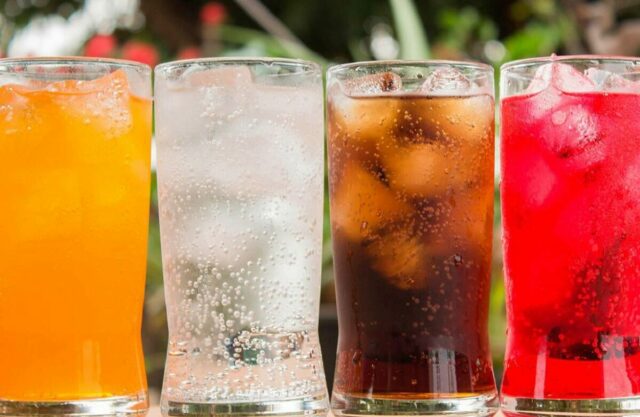Understanding the Proposed Tax on Carbonated Beverages
Have you ever wondered why soda seems to be a prime candidate for taxes? There’s a buzz in the air regarding a potential tax on carbonated beverages that could be introduced soon. This proposal is gaining traction, particularly with the backing of the financial committee of the Verkhovna Rada. MP Yaroslav Zhelezniak recently shared insights on this topic via his Telegram channel, igniting discussions among consumers and experts alike.
Which Drinks Are Affected?
So, what exactly does this proposed tax cover? Essentially, it targets sweet carbonated beverages. This includes not only your popular sodas but also various mineral and sparkling drinks that come with added sugars or flavoring agents. These beverages fall into the category of excisable goods, meaning they could soon carry a financial weight thanks to the new tax.
* **Examples of affected drinks:**
* Classic sodas (Cola, Lemon-lime sodas)
* Sparkling mineral water with added sugar
* Energy drinks (often loaded with sugars and sweeteners)
This isn’t just an abstract idea. Think about how often you reach for a fizzy drink during a hot summer day or during social gatherings. With this looming tax, every sip you take may feel a bit heavier in your wallet.
The Financial Impact of the Tax
Let’s break down what this tax would mean for consumers. The proposed tax rate is set at 0.1 euros per liter, which translates to approximately 4.5 UAH per bottle. While this might sound minimal at first, consider this: if the average consumer buys just one bottle a week, that’s an additional cost of about 234 UAH annually. Now multiply that by the millions of carbonated beverage drinkers in the country, and you can see how substantial this new revenue could be for the government.
* **Quick Stats on Carbonated Beverage Consumption:**
* In recent years, carbonated drinks have made up about 70% of the non-alcoholic beverage market in many countries.
* Reports indicate that global consumption of soft drinks exceeds 600 million metric tons annually.
Interestingly, more than 50 countries have already implemented similar taxes. For example, Mexico’s soda tax led to a significant 6% drop in sugary beverage sales, which highlights the potential for this initiative to influence consumer behavior.
Why Introduce This Tax Now?
The rationale behind this tax goes beyond mere revenue generation. Governments around the world are increasingly recognizing the health implications tied to sugary drinks, such as rising obesity rates and related diseases. By imposing a tax, they aim to encourage healthier consumption patterns among citizens.
* **Consider these health implications:**
* Studies show that each additional sugary drink consumed daily increases the risk of type 2 diabetes by 18%.
* A report by the World Health Organization highlights that taxing sugary drinks could prevent thousands of premature deaths.
In conclusion, while the introduction of a tax on carbonated beverages might feel like a negative shift for consumers, it serves a dual purpose—raising funds for public health initiatives while potentially steering the populace towards healthier lifestyles. Whether you support or oppose this tax, it’s essential to stay informed about how such measures could affect your choices and your pocket. After all, each sip counts!






